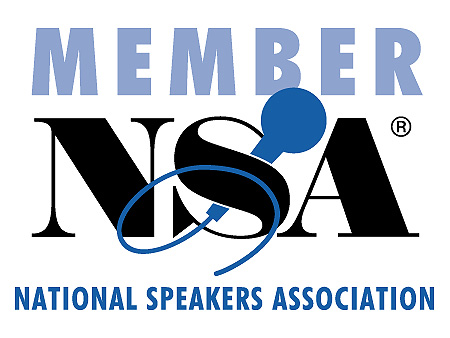 Send to Kindle
Send to KindleIs money a motivator? Can leaders buy a higher level of employee engagement? The short and typical consultant answer is yes and no. We need to look at human needs and how people are motivated to meet those needs.
In the middle of the 20th century, Dr. Abraham Maslow developed his Hierarchy of Needs. He postulated that the most basic human need was survival; food, water, shelter, etc. Until they are met, survival needs will be the primary motivator for humans and they are not likely to pursue any others. But when survival needs are met, there is no motivation to acquire more and motivation moves on to higher order needs. What tends to cloud the picture a little is the perception of what a survival need really is. If a person feels comfortable living in a modest home on a hamburger budget, their needs are more easily satisfied. But, if that person feels a need to live on a steak budget in a large home, it may be harder to move beyond the motivation to meet the survival need. As we settle into the 21st century, it seems a larger number of people are having trouble separating needs from wants, making the reality of need fulfillment a little more difficult to compute, though as I’ll discuss shortly, once the basic needs are met, motivation still turn to other things.
So what about motivators? Leaders are most effective when they consider motivators as something that drives a person to do something, remembering that motivators are internal to an individual. Maslow talked about internal motivators that activate in an attempt to meet a need. Frederick Herzberg identified two factors that influence people. First, the unfortunately named Hygiene Factors are things that can cause dissatisfaction, but are not motivators. Herzberg specifically included salary in that group. The second category is motivational factors. He said that these are internal to the person. Motivational factors include such things as personal achievement and growth. Herzberg’s research found that removing Hygiene Factors did not cause an employee to be motivated, but did increase the worker’s potential for improved output.
When Maslow and Herzberg are considered together, one can see that a worker who is not receiving sufficient pay to secure the basic survival needs is motivated primarily to meet those needs. Though salary itself is not a motivator, the need for survival is. Once that survival need is met, a person moves on to other needs. If they are receiving pay which they feel is insufficient for the work being done, or the talents they bring to the job, that situation may lead to dissatisfaction which can stand in the way of better performance. But, increasing the pay serves only to decrease the dissatisfaction, not to motivate a worker to improved work.
Many studies through the years, such as a 2008 Gallup study, demonstrated that while pay is a factor in job satisfaction, it is not the primary reason for employees who are dissatisfied and quit their jobs.
So, returning to the original question it would seem that increased pay will not, as a rule, increase employee motivation, nor will it buy employee engagement. Rather, leaders must find those things that motivate their employees. Lack of money can cause dissatisfaction, but money can’t buy motivation!



